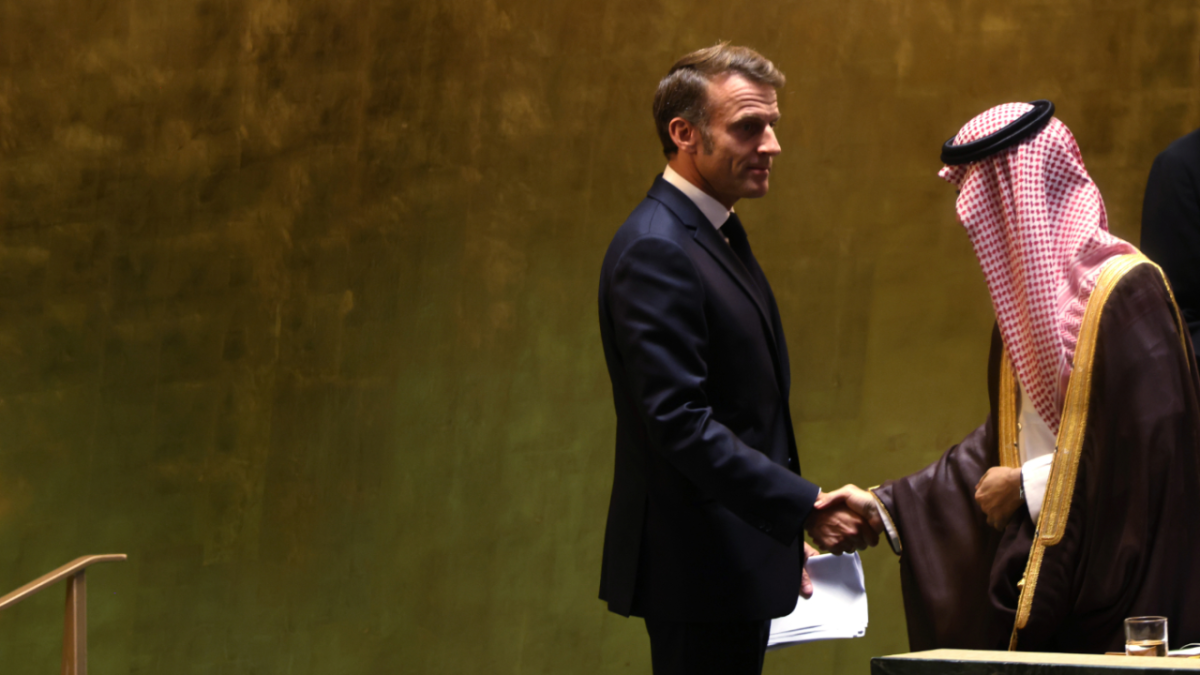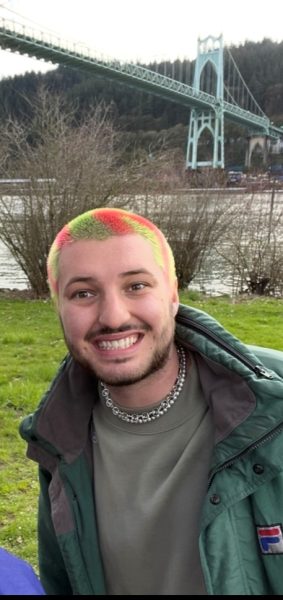Portugal recognized Palestine as a state on Sept. 21 followed by the United Kingdom, France and Canada before the 80th session of the UN’s General Assembly meeting, which marks the last of most major western, and western European countries to do so.
As more nations continue to recognize Palestine, the goal of peace becomes more promising. But the United States delay to do so further allows the mass starvation and lack of aid to reach people in Palestine.
Of the 193 member states of the UN, 157 of them now recognize Palestine as a state. Four of the five permanent members of the UN Security Council recognize Palestinian statehood, with the United States being the sole member who does not. Italy and Germany are two notable major powers who do recognize Palestine as a state.
While western European nations have started to recognize Palestine recently, major world powers such as China and Russia did so shortly after the 1998 self-proclaimed statehood from Palestine.
And since statehood is a fairly new, legally complicated and often debated idea, “There are three things that define a state,” Mt. SAC’s international relations and comparative politics professor Simon Curtis said. Defined territory, defined population and a government are the three things Curtis pointed to as the basis for statehood, while other qualifications and ideas exist.
Simon added that on top of the three typical agreed upon standards for statehood, “Another thing that people add, a fourth thing, is that recognition by other states…So, there can’t be a Palestinian state until other states start to say there’s a Palestinian state.”
Palestine’s recognition of statehood helps to further legitimize the Palestinian people’s rights on the international stage amid international and Israeli human rights grounps, and a independent United Nations conclusions of genocide.
The recognition is “… bittersweet. Because it’s like, oh well finally. We have been begging for recognition. We’ve been praying that we’re seen” Jade Durr, an 18-year old year old Palestinian Mt. SAC psychology major, said.
Durr’s uncles, from the West Bank in occupied Palestine “have seen first hand how this [oppression and erasure] affects them and their families. You’ve grown up living in this oppression and erasure. It’s kind of like, ‘Oh, you’re seeing me now?’ I don’t think they fully comprehend it,” Durr said.
With this new widespread western focus on the issue of Palestine, Simon said since “there’s so much horrible death and destruction and so many people starting and on the brink of starvation and something could be done about it, that the states of Europe are sort of being pushed into “Hey, what else can we do?”’
While statehood is a first step toward security as a nation, if Palestine were to become a member of the United Nations, “Then it had all sorts of rights as a state in the international community.” Simon noted. And while such rights as the ability of other nations to “sign treaties with the Palestinian state, maybe to offer defense, offer training, offer weapons,” with a potential state of Palestine, Simon said “They’re [other nations] probably not going to do that.”
The recognition of Palestine as a state from UN members has provoked an angered response from Prime Minister of Israel Benjamin Netanyahu, in which he stated “There will be no Palestinian state”, and announced that he has “a clear message to those leaders who are recognizing a Palestinian state after the horrendous October 7 massacre: You are rewarding terror with an enormous prize.”
Following the growing number of nations to recognize Palestine as a state, on Sep. 29, an official White House X account posted a 20-point plan that outlines a ceasefire agreement between Israel and Hamas. While many countries and their leaders have praised the plan, and acknowledged that it helps to get closer to a potential two-state solution, it has yet to be accepted by Hamas. Though they are reportedly likely to accept after demanding changes to the proposed plan.
And while reading and researching current, accurate and up to date information on the situation in Gaza is an effective first step, Durr said“I would want [Mt. SAC’s community] to talk to a Palestinian. You watching one video, for either side, if you’re pro-Palestine or anti-Palestine, you watching one video, reading one article, is never going to be enough. If you want to know a subject, talk to the people directly.”



